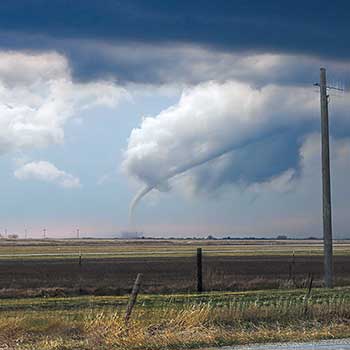When disaster strikes and your property sustains damage or loss, insurance can provide security. Property insurance is designed to financially protect you against unforeseen events, such as fire, natural disasters, theft, or vandalism, depending on the coverage you purchase. However, navigating the insurance claim process can be complex, and understanding the legal considerations involved is crucial to ensure you receive fair compensation.
Familiarize Yourself with Your Insurance Policy
The first step in the insurance claim process is carefully reviewing your policy. Understanding the terms, conditions, exclusions, endorsements and riders, and coverage limits outlined in your insurance policy is essential. Each policy is unique, and being familiar with its provisions will help you determine what damages are covered, what documentation is required, and what your responsibilities are as the policyholder.
Document the Damage
To support your claim, it’s crucial to thoroughly document the damage to your property. Take detailed photographs and videos of the affected areas, from multiple angles, noting any visible destruction or loss, and include both close-up shots and wide-angle views to provide context. Create an inventory of damaged items, including descriptions and values. Preserve any damaged items or materials as evidence, if possible. Keep records of all related expenses, such as temporary repairs, alternative accommodations, or mitigation efforts. Maintain a diary of all communications with the insurance company; include the dates, times, individuals involved, and summaries of the discussions.
Notify Your Insurance Company Promptly
Timely notification of the damage to your property is typically a requirement stated in your insurance policy. Failing to adhere to these requirements may result in the denial of your claim. Notify your insurer promptly, giving them a detailed description of the incident and the damage incurred. Reporting the claim promptly enables you to take immediate steps to mitigate further damage. For example, if your property has suffered water damage, timely action such as drying and securing the area can prevent the damage from worsening. Insurance policies often require policyholders to take reasonable steps to mitigate losses, and prompt reporting allows you to fulfill this obligation. Delays in filing a claim can lead to unnecessary complications and potential disputes. Insurance companies may argue that the delay hinders their ability to thoroughly investigate the claim or that the damage could have worsened due to negligence. By reporting the claim promptly, you reduce the likelihood of facing such challenges and ensure a smoother claims process.
Navigating property insurance claims can be a complex and challenging process. By understanding the legal considerations involved, you can protect your rights and maximize your coverage. Familiarize yourself with your insurance policy, document the damage, notify your insurer promptly, and mitigate further harm. At the Insurance Litigation Group, we are dedicated to helping policyholders understand their rights and fight for the compensation they deserve. If you are experiencing difficulties with your insurance company, contact us today to schedule a consultation with one of our experienced property insurance attorneys!






